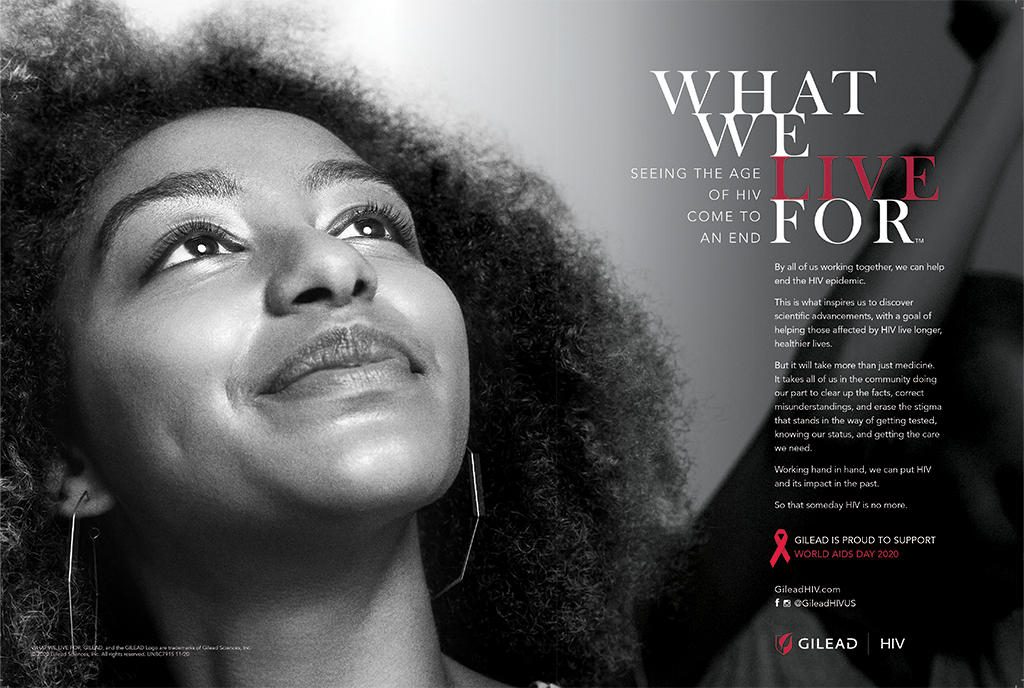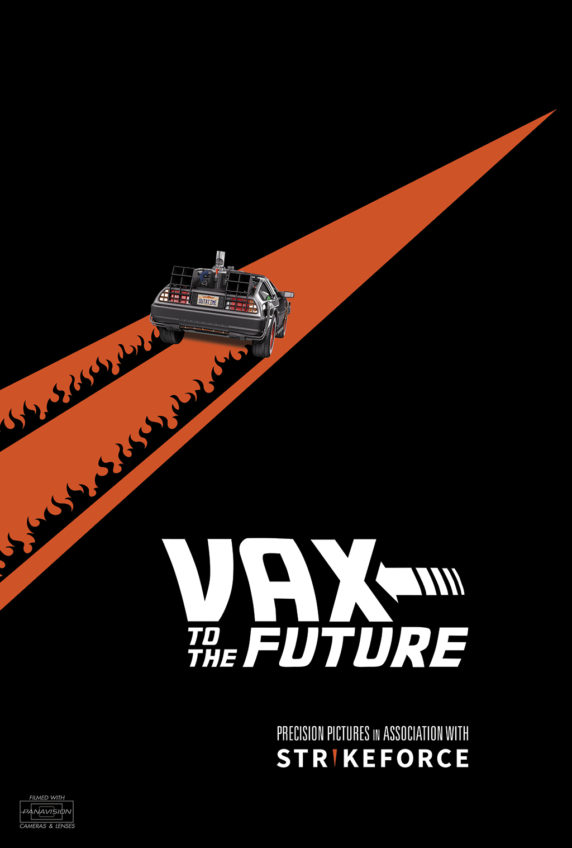Not that anybody was truly prepared when the pandemic hit, but Strikeforce Communications founder and CEO Michael Rutstein says that his agency had been planning for a shift to virtual work since he founded it some 13 years ago. From its inception, Strikeforce has offered employees — nearly all of whom telecommute in from afar, supported by an army of freelance contributors hired on an as-needed basis — a hybrid work environment.
“One of the things I’m most proud about is that, if 2020 did anything, it 100% legitimized the Strikeforce way of working,” Rutstein says.
At the same time, he draws a distinction between allowing a large group of people to work from home and what Strikeforce does, which is create an environment in which new or different or unique groups of people can seamlessly come together depending on the assignment.

“We’re not working within the four corners of the traditional agency box,” Rutstein continues. “We’re always out in the market looking for incubator and for entrepreneurial companies that are doing different and original things.” In 2020, some of those partner organizations included the consultancy Fassforward, digital transformation firm Acompany, market research specialists Galileo and brand strategy group Root + River.
Strikeforce’s overall head count remained stable in 2020 at 25. Revenue rose by about 8%, from $12 million in 2019 to $13 million in 2020. About 30% of the agency’s growth came from client mainstays such as Gilead and its HIV franchise, which accounts for about 70% of the drug company’s revenue, Rutstein reports.
That particular work, he stresses, is about much more than merely launching new drugs. “Many people are living healthy, long lives with HIV today, and in large part thanks to Gilead,” he says. “The part of the business we handle is the HIV franchise, which really is an overarching enterprise brand for the company and which helps shape the bigger things that are happening in HIV in terms of the issues that matter to the community.”
In 2020, there were opportunities to migrate some of the work into the consumer realm, including a campaign that ran in People. “It’s about addressing healthcare inequities. It’s about stopping and silencing the stigma surrounding HIV. And it’s about helping effectively educate people about what HIV is —and what it’s not,” Rutstein adds.
Other notable work during the year included an assignment for Acadia Pharmaceuticals on dementia-related psychosis drug Nuplazid. New engagements during 2021 included a trio of Alcon products: PanOptix cataract replacement lenses, Vivity intraocular lenses and the Activate cataract patient education program. In that same realm, Strikeforce added an assignment around Johnson & Johnson’s Vision Care offering.
The thread running through these assignments, Rutstein believes, is a focus on what he characterizes as “the why rather than the what.”
“A lot of what you see in the in the industry is work that focuses on the what; it is very function-oriented around products,” he explains. “In our view, to fundamentally create a sustainable bond and a motivational pull with the target, you really need to focus on the why. Every brand has a purpose in terms of why it was introduced.”
. . .
The idea I wish I had…
Nike’s You Can’t Stop Us moves us with its humanity and ability to connect with the warrior within us all. Through rich storytelling and a split-screen technique, we recognize our favorite athletes fused together with everyday individuals to create complete portraits. The timing of this work was incredibly apropos, launching at the heart of the pandemic with simultaneous issues swirling around equality and justice for all. — Michael Rutstein
From the June 01, 2021 Issue of MM+M - Medical Marketing and Media








